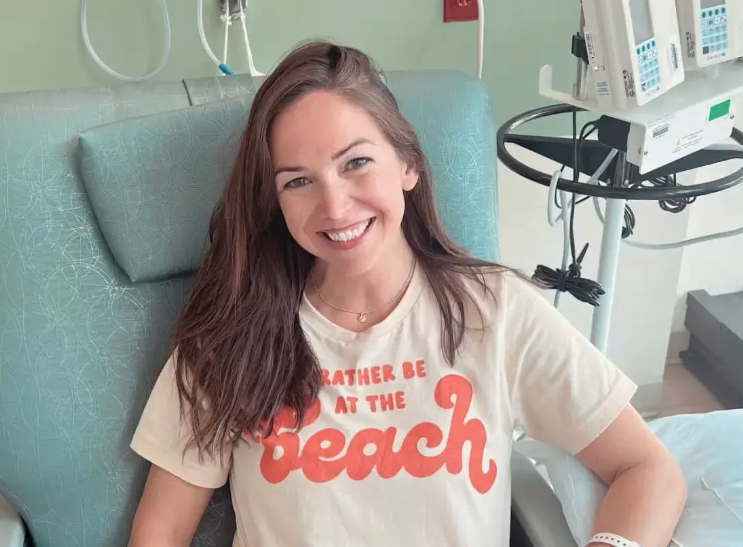On Fading Away - #444

A few nights ago, around the proverbial campfire, a guy remarked that he found halloween decorations dark and foreboding—evil. Playing the humorous contrarian, I had to quickly make up a reason to like the skulls, skeletons, and severed pumpkin heads popping up all around this end of suburbia. What I said was that, in a culture where we continually pretend death doesn't exist, it's refreshing that for a few weeks leading up to All Hallow's Eve, we manage to face our deepest fear and stare death in the face. And, sure, while these silly decorations may be playing with death as a motif, I think we'd rather acknowledge death unseriously than to go the full year without acknowledging it at all. While not intended to be all that serious, upon reflection, I think this bit of repartee may hold up.We might pretend otherwise, going to incredible lengths technical or spiritual to ignore the reality of death, we're all headed for the same unmysterious destination. There's a spot in the graveyard for all of us, just as there has been for everyone who came before. Why not put a skeleton in the yard? The ancients carried coins engraved with a skull to remind themselves death would come. Why are the moderns doing the same perceived to be creepy? Living with an eye towards the destination might turn us into better versions of ourselves. A lot of the junk we get hung up on won't be around in the long run.
I got to thinking about the "Not Fade Away" chant you hear at the end of most Dead & Co efforts. On the screen behind the band is an endless parade of pictures—Jerry, pigpen, the nights and audiences from long ago. Judging from most of the faces in the wide shots of the audience, some memories from the lost decades might still be hanging around, but, like memories, the sounds of those concerts have long since faded away. Why the 'not fade away' chants? While we fade away, the music fades away, what came before fades away, the love we had does not.
I'm not sure the title of today's very moving essay was intended to evoke a Grateful Dead experience, but that's what it did for me. I highly recommend the essay. Julie is a good person with what seems to be a tragic story and she's a compelling writer. While there's something inspiring about the way people with terminal diagnoses face death, what I was left with was: we're all going to fade away. She might have a closer look and more immediacy, the way she is living now might be a lesson for us to follow a bit more closely. Aren't we all facing death?
Reading
 To Fade Away
To Fade Away
Julie Hogan was told her breast cancer was terminal and learned she would slowly fade rather than die suddenly. The warning of her prognosis gave her the gift of time to prepare and find peace that her family will be okay.